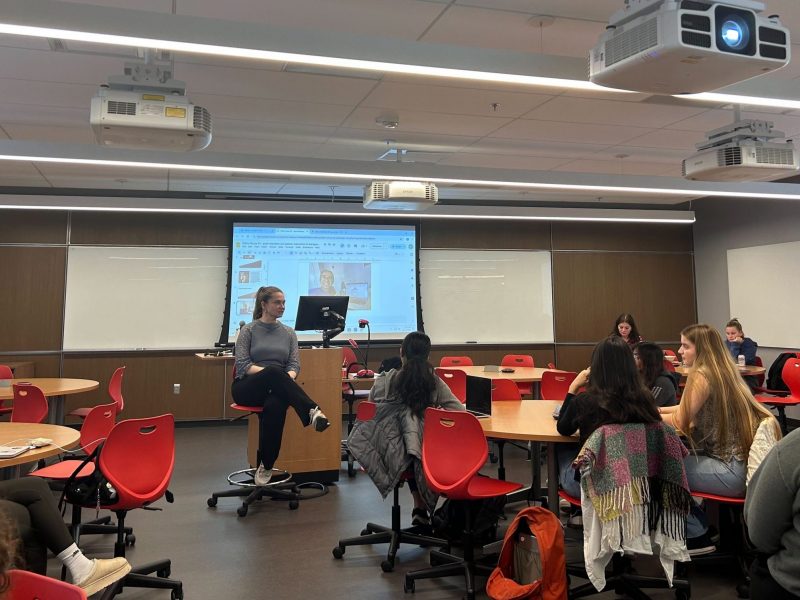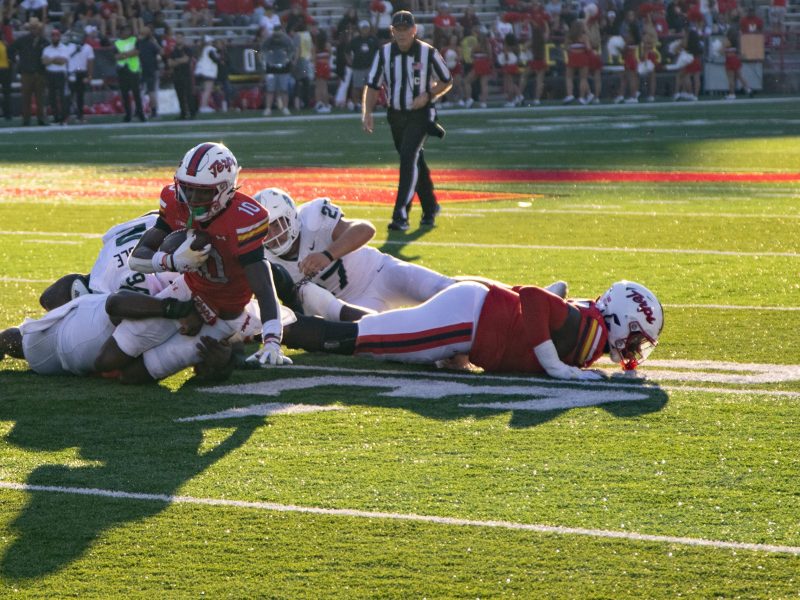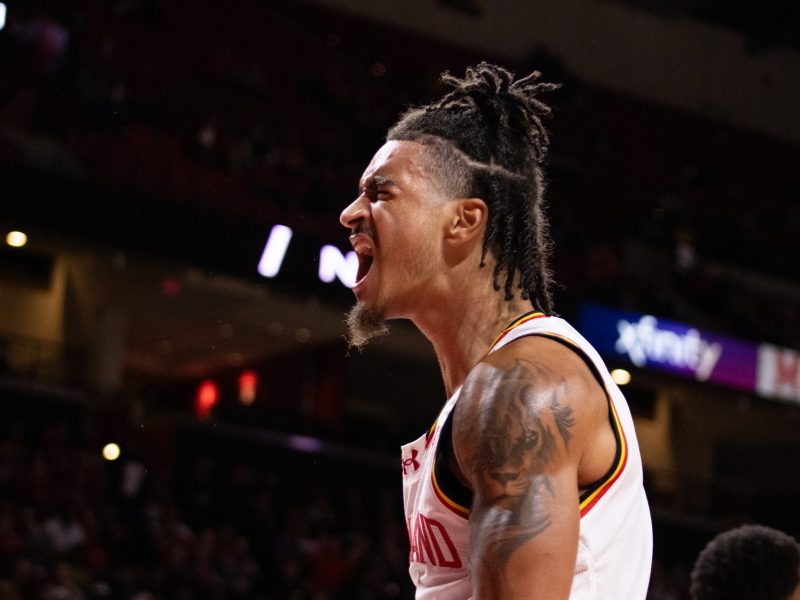Students at the University of Maryland are working to organize a political convention that would focus on issues facing women and encourage them to become more engaged with the political process.
The new organization, Platform, plans to hold the convention in Washington, D.C., in July, director Jennifer Mandelblatt said. While the group is still working out the details, Mandelblatt said participants will attend workshops with experts, draft a modern “Declaration of Sentiments” — a document from the historical Seneca Falls women’s rights convention — listing grievances and resolutions, and use it to lobby members of Congress.
Mandelblatt said her goal is to have at least 200 women attend the conference, which likely will address a range of issues that relate to young women, such as college costs, equal pay, workplace rights, accessible birth control and reproductive justice.
“Right now we’re building momentum … if we get at least 200 young women I will surely be happy with that,” she said. “We just want to take over Washington in the middle of July, to just cover D.C. in young women who are demanding to be heard.”
READ MORE: The Binary Boys’ Club
The organization, which launched chapters at Cornell University, George Washington University, the University of Florida and this university this year, strives to be inclusive of all young women, including women of color, women with disabilities and transgender women, and recognizes that different women face unique experiences and challenges, said Mandelblatt, who is a junior industrial and labor relations major at Cornell University.
“One of the things that I find so frustrating is to say, ‘Oh, we need to give people a voice,’” she said. “We do have voices. We do have something to say. It’s not about giving people a voice. It’s just giving them a platform to make those voices heard.”
Mandelblatt said she had been “toying with” the idea of starting this organization for a while and over the summer decided to meet with some women she knew from high school to discuss her plans.
When Mandelblatt contacted junior journalism major Jenna Milliner-Waddell about the group, Milliner-Waddell said she was “definitely interested in her vision” and bringing Platform to this university.
Milliner-Waddell serves as assistant director of press on Platform’s national executive board and is also helping lead this university’s chapter with senior government and politics major Allyson Winburn.
“I used to be really politically involved in high school, but when I came to college, I was really far removed,” Milliner-Waddell said. “I thought [Platform] was a good way to get back involved, to educate myself and to educate others.”
Winburn said she cares a lot about reproductive rights, and that this summer’s controversy over Planned Parenthood galvanized her support for the cause. She noted she saw Platform as a way to discuss this and other issues with young women.
“Seeing it kind of come under attack, especially this summer and right now, made it all the more important for me to say, ‘OK, I know I’m not the only one on campus who cares about this issue,’” Winburn said. “Maybe in helping this organization grow I can find those women and elevate their voices to respective legislators.”
This university’s chapter is currently focusing on marketing efforts to spread the word about the group and its mission. Though fewer than 10 people attended the first general interest meeting, Winburn said she hopes to use fliers and other grassroots techniques to increase the group’s name recognition.
Winburn and Milliner-Waddel intend to market the group with a #GiveMeAPlatform photo campaign in which students can share what issue is most important to them. The group will then post the pictures and issues on social media.
There are also plans to reach out to groups who might have similar interests in women’s issues, such as CARE to Stop Violence, the Help Center and UMD Feminists, as well as sororities and dance teams, Winburn said. She added she is particularly focused on reaching those who might not be politically active.
Giving students more information about issues that affect them and how they can take action might spark their interest, Milliner-Waddell said.
“We have a lot of young women on campus who are politically involved, as well as a lot of women who aren’t but have strong viewpoints about women’s issues and need to be more involved in the political side,” Milliner-Waddell said. “I think a lot of young women care about certain things, but aren’t pairing the two up and seeing that voting could make a change.”
Senior staff writer Darcy Costello contributed to this report.


